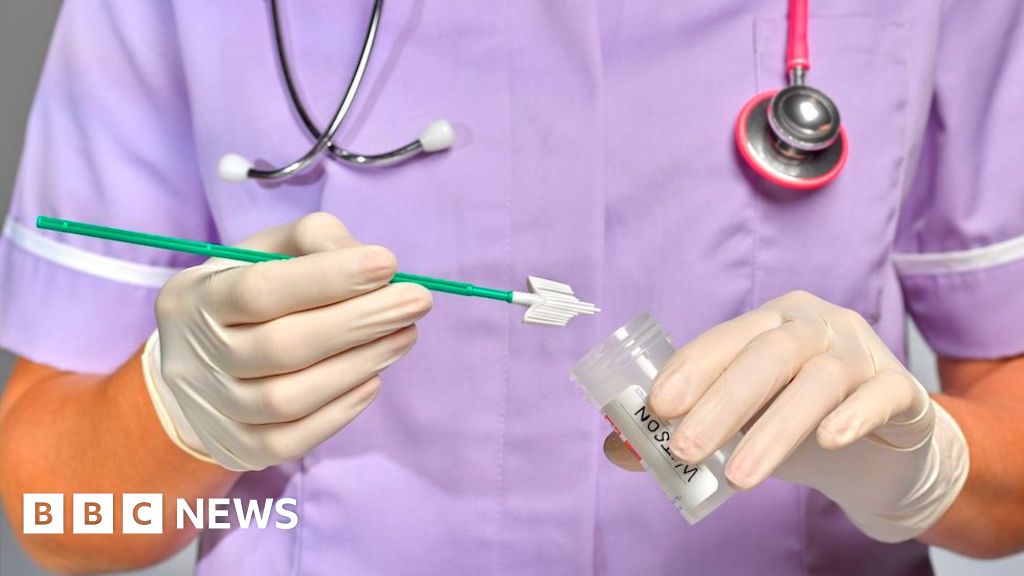WHO Initiatives to Increase Health Taxes to Save Lives

The World Health Organization (WHO) has launched a significant global effort, the “3 by 35” Initiative, aimed at combating chronic diseases and generating essential public revenue. This bold new program urges countries worldwide to significantly increase the real prices of tobacco, alcohol, and sugary drinks by at least 50% by the year 2035 through the implementation of health taxes. The initiative arrives at a critical juncture, as global health systems are increasingly burdened by the escalating prevalence of noncommunicable diseases (NCDs), alongside dwindling development aid and mounting public debt.
Noncommunicable diseases, which include debilitating conditions such as heart disease, cancer, and diabetes, are responsible for over 75% of all deaths globally. The consumption of tobacco, alcohol, and sugary drinks is recognized as a primary driver of this widespread NCD epidemic. Research indicates that a one-time 50% price increase on these harmful products holds the potential to avert a staggering 50 million premature deaths over the course of the next five decades, underscoring the profound impact of such a policy.
Dr. Jeremy Farrar, Assistant Director-General for Health Promotion, Disease Prevention and Control at WHO, emphasized the efficacy of health taxes, stating, “Health taxes are one of the most efficient tools we have. They cut the consumption of harmful products and create revenue governments can reinvest in health care, education, and social protection. It’s time to act.” This dual benefit of reducing unhealthy consumption while simultaneously creating a sustainable funding stream for vital public services is central to the initiative’s appeal.
The “3 by 35” Initiative sets an ambitious yet achievable financial target: to raise US$1 trillion in revenue over the next decade. The feasibility of such large-scale change is supported by historical data; between 2012 and 2022, nearly 140 countries successfully raised tobacco taxes, resulting in an average real price increase of over 50%. Nations like Colombia and South Africa have already demonstrated the positive outcomes of introducing health taxes, observing both a reduction in consumption of targeted products and an increase in government revenue.
Despite these successes, a significant challenge remains: many countries continue to offer tax incentives to industries producing unhealthy products, including tobacco. Furthermore, long-term investment agreements with these industries can inadvertently restrict future tobacco tax increases, thereby undermining national health objectives. The WHO strongly encourages governments to thoroughly review and eliminate such exemptions to bolster effective tobacco control measures and safeguard public health.
Collaboration forms the cornerstone of the “3 by 35” Initiative's anticipated success. Under the leadership of WHO, a robust coalition of global partners has been assembled to assist countries in implementing health taxes. These organizations contribute a diverse array of technical expertise, policy guidance, and practical real-world experience. Through this collective effort, the initiative aims to enhance awareness regarding the broad benefits of health taxes and to provide direct support for national-level implementation efforts. Many countries, seeking to transition towards more self-reliant and domestically funded health systems, are increasingly looking to WHO for guidance in this area.
To facilitate country-led reforms, the “3 by 35” Initiative outlines several key action areas, pairing proven health policies with best implementation practices. These include: first, cutting harmful consumption by reducing affordability through the introduction or increase of excise taxes on tobacco, alcohol, and sugary drinks, which will subsequently reduce future health costs and preventable deaths. Second, raising revenue to fund essential health and development programs, including universal health coverage, by mobilizing domestic public resources. Third, building broad political support across various sectors by strengthening multisectoral alliances that engage ministries of finance and health, parliamentarians, civil society organizations, and researchers to design and implement effective policies.
In conclusion, the WHO is issuing a comprehensive call to action, urging countries, civil society, and development partners to actively support the “3 by 35” Initiative. The ultimate goal is to foster smarter, fairer taxation policies that not only protect public health but also accelerate global progress towards achieving the Sustainable Development Goals.










